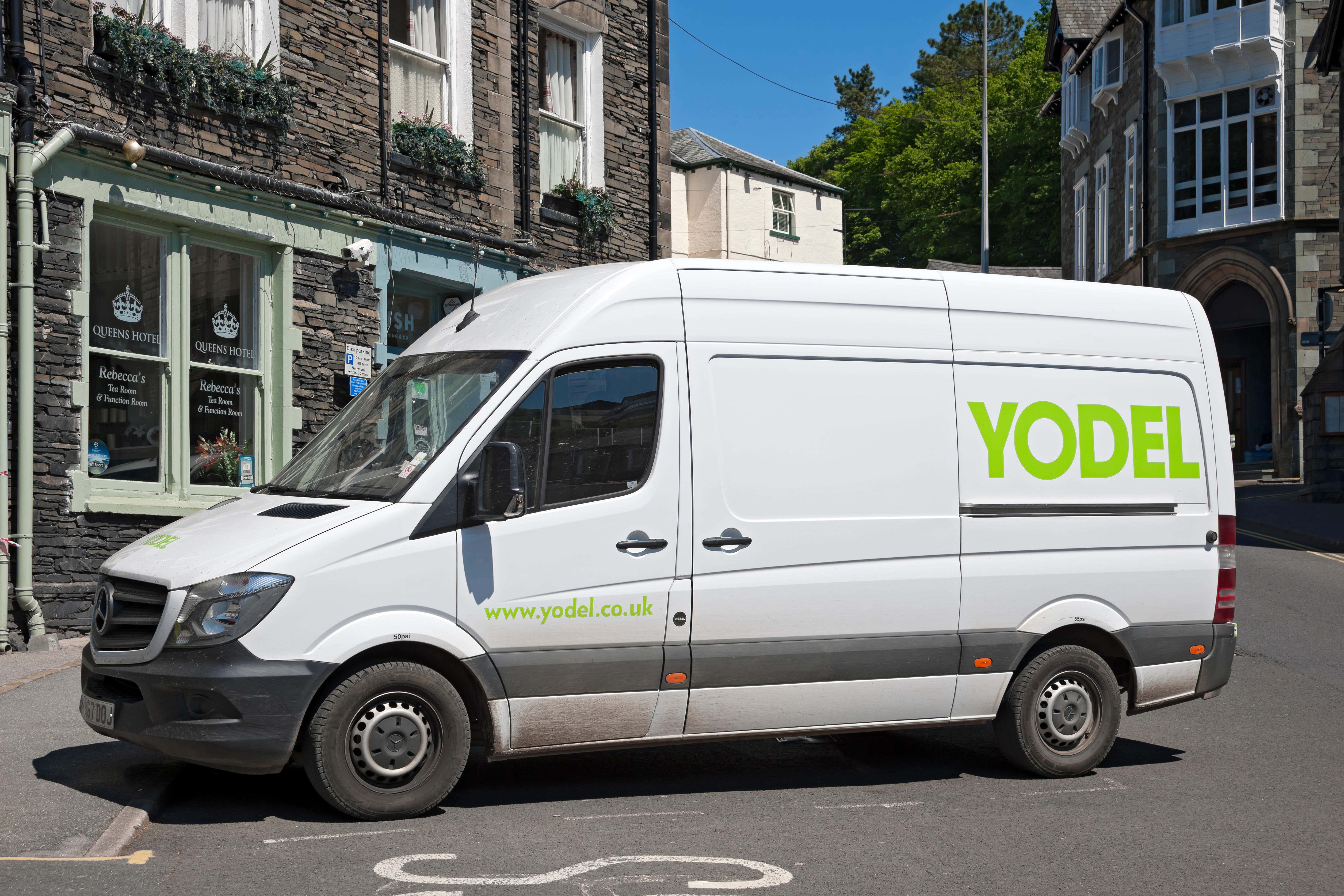Consumers will become ‘less obsessed’ with home deliveries – parcel firm boss
Yodel boss Mike Hancox said shops, petrol stations and lockers are ‘a much more efficient network’ for getting goods to and from customers.

Your support helps us to tell the story
From reproductive rights to climate change to Big Tech, The Independent is on the ground when the story is developing. Whether it's investigating the financials of Elon Musk's pro-Trump PAC or producing our latest documentary, 'The A Word', which shines a light on the American women fighting for reproductive rights, we know how important it is to parse out the facts from the messaging.
At such a critical moment in US history, we need reporters on the ground. Your donation allows us to keep sending journalists to speak to both sides of the story.
The Independent is trusted by Americans across the entire political spectrum. And unlike many other quality news outlets, we choose not to lock Americans out of our reporting and analysis with paywalls. We believe quality journalism should be available to everyone, paid for by those who can afford it.
Your support makes all the difference.Consumers will become “less obsessed” with home deliveries as awareness of the “sustainability argument” for sending parcels to collection points grows, according to an industry leader.
Mike Hancox, chief executive of delivery company Yodel, said locations such as shops, petrol stations and lockers are “a much more efficient network” for getting goods to and from customers.
The so-called final mile of delivery – when a package is transported to a consumer’s doorstep – faces “a lot of challenges” in the UK, he told the PA news agency.
“In the run up to Christmas last year, with the Royal Mail industrial disputes, there really were not enough drivers to deliver parcels on that one-to-one relationship.
“Dropping off 10 parcels at a shop will allow the whole industry to deliver more parcels efficiently and I think eventually that’s what’s going to happen.
“Over time, people will be less obsessed with delivery to home.
“I think people will become more aware of the sustainability argument for why they should go to a shop and pick up five parcels in one visit.”
Yodel has recorded a “significant acceleration” in the number of parcels it delivers to its 5,500 pick-up and drop-off (Pudo) locations, Mr Hancox said.
The company expects to deliver 40 million packages this way in the year to the end of June, out of a total of around 190 million.
It delivered 25 million parcels to Pudo points during the previous 12 months.
Mr Hancox said Pudo orders are becoming “the preferred choice”.
It's much better to have all five parcels dropped off at a location that you go and collect from when you're ready
He added: “It gives the consumer the convenience they want. They’re probably going into a store anyway.
“With the growth of e-commerce through the pandemic, it’s become increasingly apparent to people that having five diesel vans go up a cul-de-sac all delivering one parcel is not particularly efficient for the carriers or for the environment.
“It’s much better to have all five parcels dropped off at a location that you go and collect from when you’re ready.”
In addition to the impact on the environment from online shopping deliveries, there are also concerns about the effect on congestion.
Latest Department for Transport figures show the estimated number of miles travelled by vans in the year ending September 2022 was 59.5 billion, representing an 11.2% rise compared with pre-coronavirus levels.
That is compared with an 8.8% decrease for cars.
Mr Hancox said The Very Group – the company behind the Littlewoods and Very brands – is one of the few online retailers to offer financial incentives to consumers ordering purchases to collection points.
“Other retailers don’t do that and even if I offered them a lower price, they’d just price it the same (to their customers),” he said.
It's much better to have all five parcels dropped off at a location that you go and collect from when you're ready
“They’re just making more margin.
“So it’s difficult for me to offer the incentives. I would say the burden is on the retailer to decide whether they want to enhance their own green credentials by having an incentive on Pudo.”
Mr Hancox said the company is investing £14.5 million in its fleet, with the purchase of 120 new double-decker trailers and 45 new tractor units, which haul trailers.
He said this is partly to boost capacity in response to “very strong” demand.